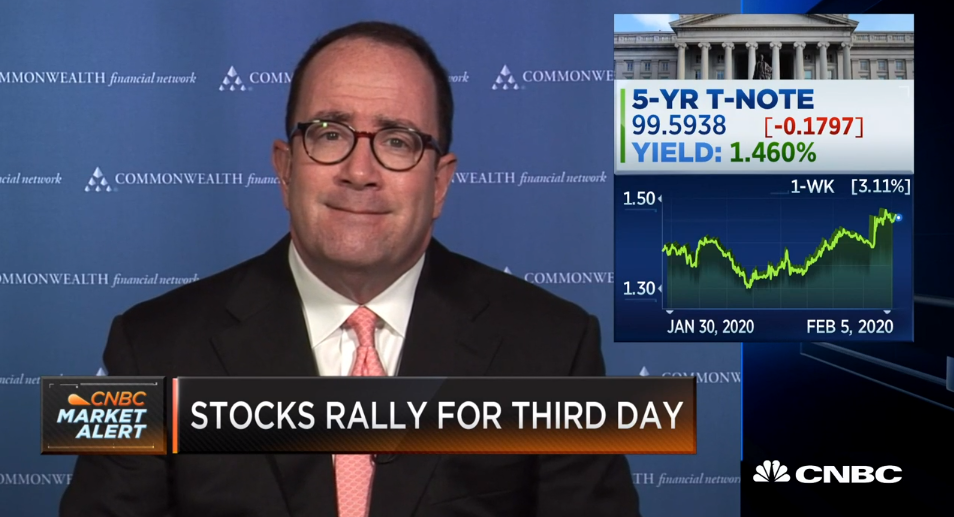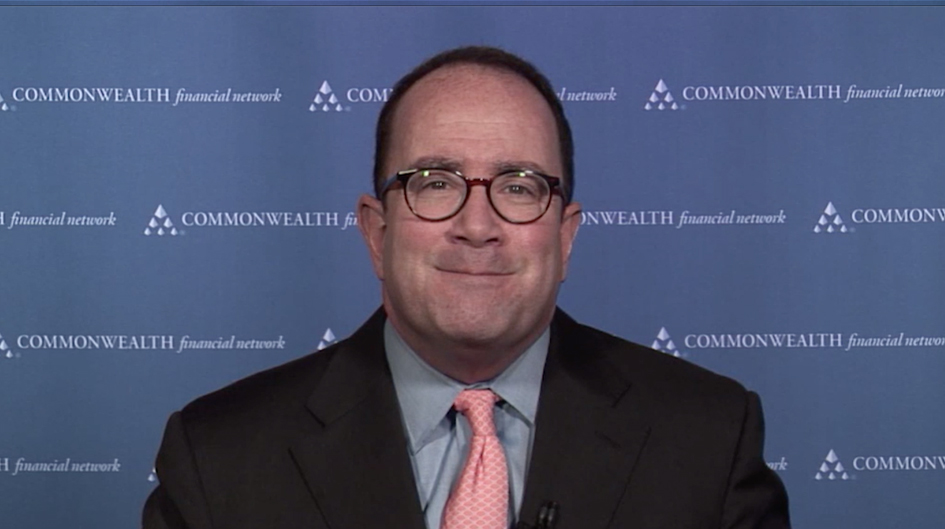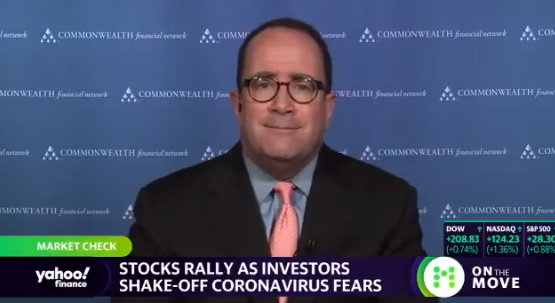January was a tough month. We started with a U.S. attack on an Iranian general (creating thoughts of war) and ended with the possibility of a new global pandemic (with the Wuhan coronavirus spreading around the world). In between, of course, we had the impeachment spectacle here in the U.S., as well as the British exit from the European Union. All in all, it was quite a difficult month from a news perspective. Which made it somewhat odd that markets were not hit harder than they were.















